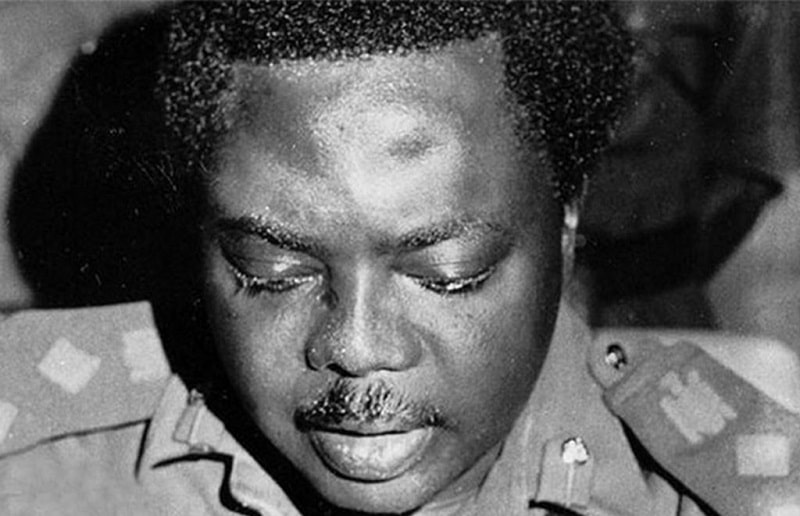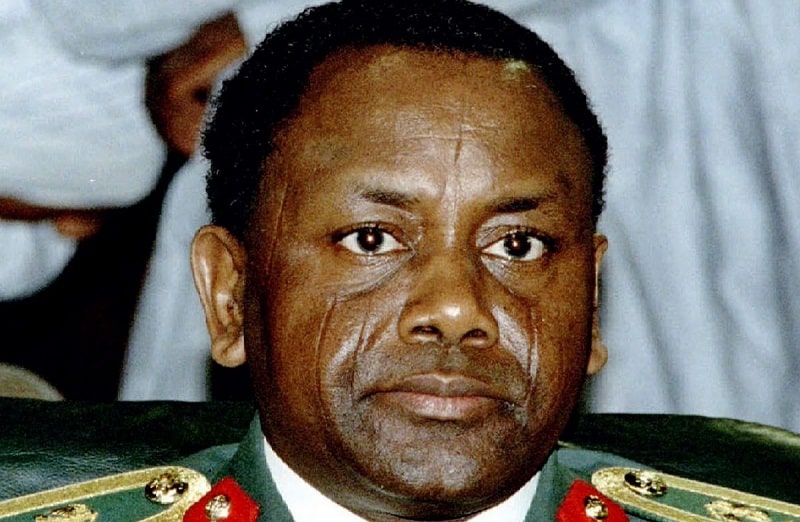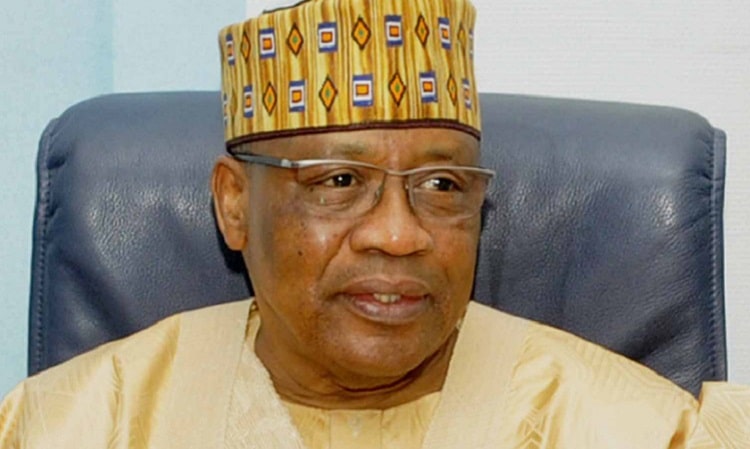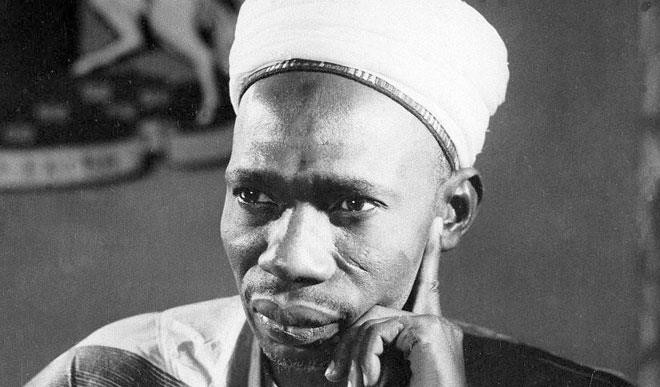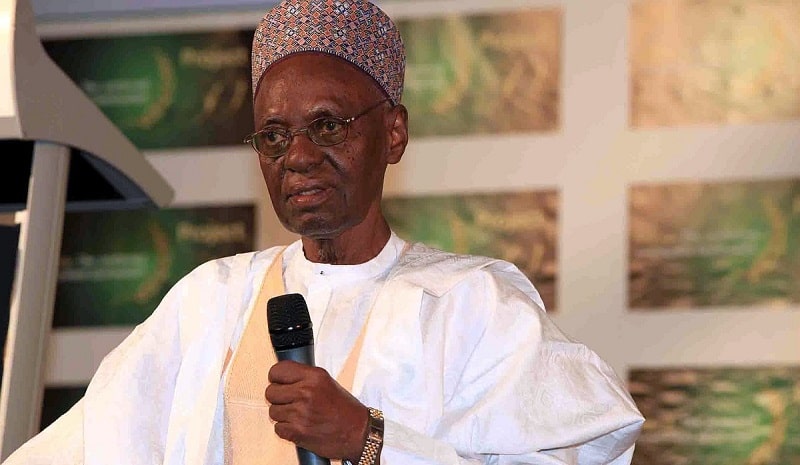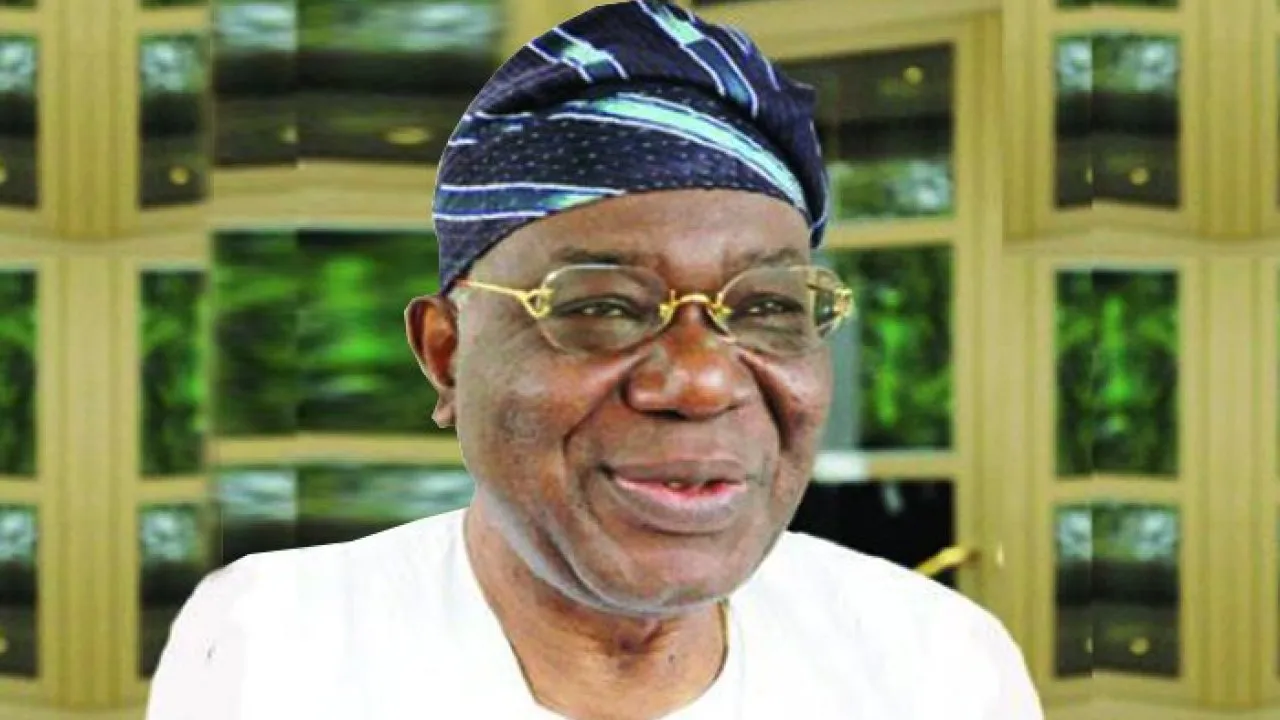
Chief Ernest Shonekan Adegunle Oladeinde served as the interim president of Nigeria in 1993, following the annulment of the presidential election by the military government.
| List | President’s Information |
|---|---|
| Name | Ernest Adegunle Shonekan |
| Date of Birth | May 9, 1936 |
| Age | 87 years (as of 2023) |
| Died | January 11, 2023 |
| Ancestral Home | Ijebu Ode, Ogun State, Nigeria |
| Native Language | Yoruba |
| School Attended | University of London, Harvard Business School |
| Career & Occupation | Businessman, Politician |
| Military Rank | None (Civilian President) |
| Height | N/A |
| Known As | N/A |
| Citizenship | Nigerian |
| Residence | Lagos, Nigeria |
| Religion | Christianity |
| Wife’s Name | Margaret Shonekan |
| Children’s Name | Adeboye Shonekan, Korede Shonekan, Kemi Shonekan, Yele Shonekan |
| Assumed Presidential Office | August 26, 1993 |
| Left Presidential Office | November 17, 1993 |
| Political Party | Non-partisan (Interim Government) |
Chief Ernest Shonekan’s Early Life and Career
Shonekan was born on May 9, 1936, in Lagos, Nigeria. He received his education in Nigeria and the United Kingdom, earning a degree in law from the University of London. He returned to Nigeria and established his law firm in 1964, which grew to become one of the largest law firms in the country.
Shonekan also served on various corporate boards and was involved in several philanthropic activities, including the establishment of a foundation that provided scholarships to underprivileged children.
Interim Presidency
In November 1993, Shonekan was appointed as the interim president of Nigeria by General Ibrahim Babangida, following the annulment of the presidential election won by Moshood Abiola. Shonekan’s appointment was seen as an attempt by Babangida to ease tensions in the country and pave the way for a transition to a democratic government.
During his short tenure in office, Shonekan implemented several reforms aimed at improving the country’s economic and political landscape. He introduced measures to combat corruption and improve public service delivery. He also launched initiatives aimed at boosting foreign investment and expanding Nigeria’s export market.
Shonekan’s Challenges and Resignation
Despite his efforts to reform Nigeria’s political and economic landscape, Shonekan faced several challenges during his tenure in office. The country was still reeling from the aftermath of the annulled election, which had led to widespread protests and unrest. There were also tensions within the military government, with some factions opposing Shonekan’s appointment.
In August 1993, General Sani Abacha, a prominent military leader, overthrew Shonekan’s government in a bloodless coup. Shonekan resigned from office and returned to his private business interests.
Shonekan’s Legacy
Even though he had a short term in office, Shonekan made significant contributions to Nigeria’s political and economic development. His efforts to combat corruption and improve public service delivery set the stage for subsequent reforms aimed at strengthening Nigeria’s democratic institutions.
Shonekan’s legacy also includes his philanthropic activities. He was a strong advocate for education and established a foundation that provided scholarships to underprivileged children. He also supported various charitable organizations aimed at improving the lives of Nigerians.
His tenure as the interim president of Nigeria in 1993 was marked by significant efforts to reform Nigeria’s political and economic landscape. Despite the challenges he faced during his short tenure in office, he made significant contributions to Nigeria’s development and remains an influential figure in Nigerian history. His legacy as a philanthropist and advocate for education continues to inspire future generations of Nigerians.
Additional Facts
- Ernest Shonekan served as the interim President of Nigeria from August 26, 1993, to November 17, 1993.
- He was called to the bar at the Middle Temple in London in 1962.
- Before his political career, Shonekan was a successful corporate executive, notably serving as Chairman and Chief Executive of UAC of Nigeria, a leading conglomerate.
- He was appointed as interim President by General Ibrahim Babangida after Babangida annulled the June 12 election results.
- He established the Nigerian Economic Summit Group (NESG) to advise on economic policies.
- His tenure lasted only 83 days, making it one of the shortest presidencies in Nigerian history.
- Shonekan was overthrown in a palace coup led by General Sani Abacha on November 17, 1993.
- Shonekan held the traditional title of Abese of Egbaland, reflecting his status as a respected elder statesman.
- He worked as a consultant and advisor for various Nigerian and international organizations.
- He was regarded as an expert in industrial relations and corporate governance.
- Shonekan was a prominent lawyer before entering the corporate world, known for his expertise in commercial law.
- Under his leadership, UAC of Nigeria became one of the largest and most diversified companies in West Africa.
- Shonekan wrote several articles and papers on economic development and governance.
Chief Ernest Shonekan FAQs
Related: General Sani Abacha (Former Head of State – (1993-1998)
